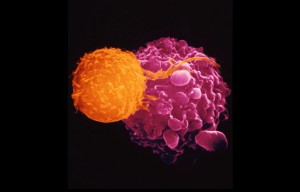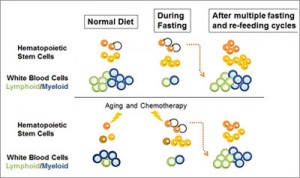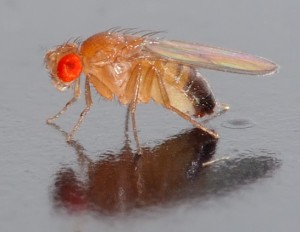The Emperor of all Maladies is how Siddhartha Mukherjee, an Indian-born American physician and oncologist, aptly described cancer. Cancer, this scourge of mankind going back as far as 4,600 years ago when it was identified by the Egyptian physician Imhotep (the first in recorded history). Cancer takes one of the most successful traits of complex eukaryotes, cell division, and weaponizes it in unchecked cellular growth; some even consider cancer to be a more evolved form of cell division. This ailment has plagued humanity, and baffled physicians for centuries as they attempt to tackle the seemingly impossible, discover a cure for cancer.

Read More “Fun Science FRIEDay – The Emperor of all Maladies” »


